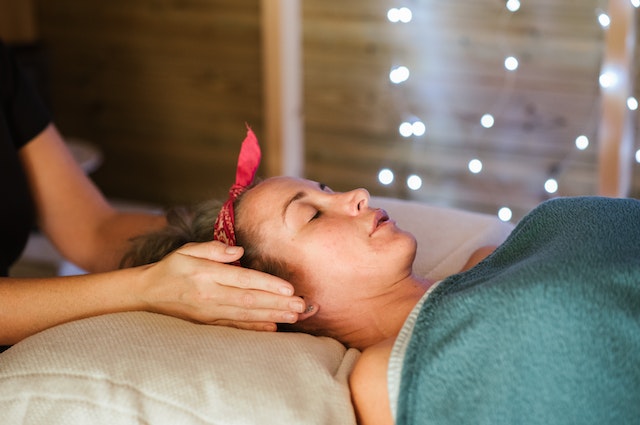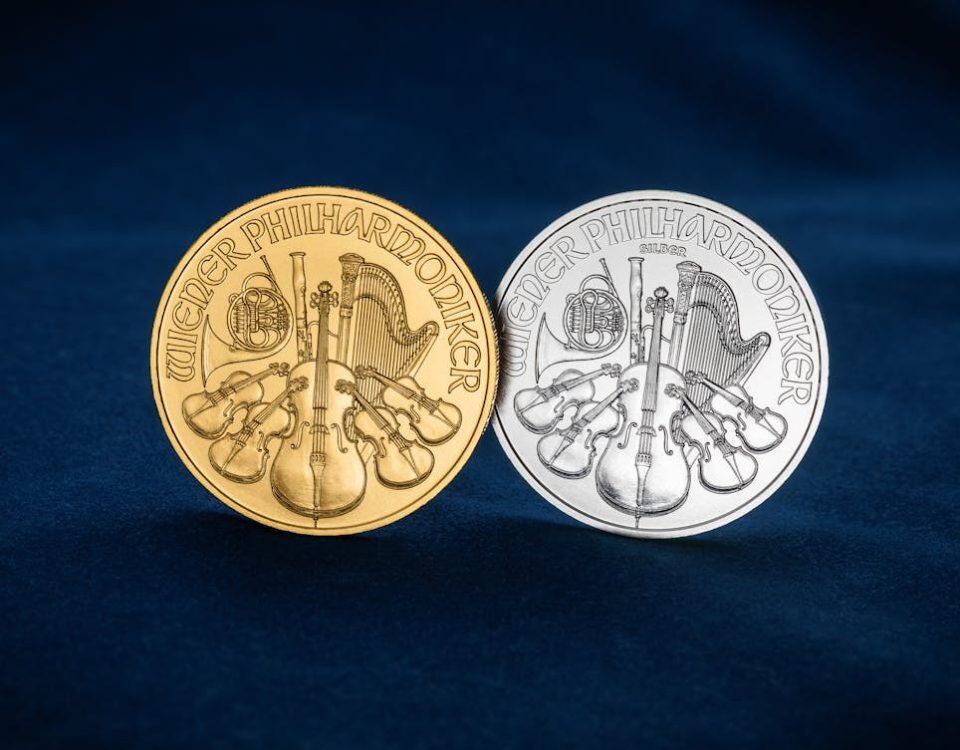
How to Find the Right Lawyer for Your Needs
July 20, 2023
The Impact of a Brick Fireplace on Your Home
July 29, 2023Massage can have many health benefits, from increasing circulation and flushing out toxins from the body to helping balance hormones that cause stress and anxiety, helping you unwind and relax.
Relaxed people tend to find it easier to fall asleep quickly and remain asleep throughout the night – and good quality sleep is crucial for overall wellness.
1. Improves Circulation
Massage increases oxygen-rich blood flow to muscles and organs. Massage also improves circulation by relieving congestion of the lymphatic system – an essential factor for immune health.
Poor circulation is often responsible for fatigue, cold hands and feet, muscle ache and infections. Through its squeeze and pull action, massage therapy moves blood through congested areas while increasing oxygen levels in your blood and decreasing waste products such as carbon dioxide.
Massage therapy may also assist in relieving sleep issues induced by cancer treatments or other conditions, including menopause or heart failure. Massage helps alleviate anxiety caused by cancer treatments by increasing parasympathetic activity to relax the sympathetic nervous system while simultaneously increasing parasympathetic activity to promote relaxation and restful sleep. Increased blood flow helps prevent fluid build-up in legs and arms known as edema while also decreasing hemorrhoids among pregnant women as well as relieving pain caused by chronic medical conditions like arthritis.
2. Reduces Stress
Stress plays an integral part in many chronic health conditions, including cardiovascular disease, high blood pressure, digestive issues, erectile dysfunction and chronic fatigue. Regular massage therapy can reduce one’s stress levels by stimulating the parasympathetic branch of their autonomic nervous system – this allows relaxation and calmness.
Massage stimulates the production of feel good hormones such as endorphins, serotonin and dopamine – neurotransmitters responsible for relieving anxiety, depression and managing mood.
Massage uses physical friction to increase tissue elasticity and lymph flow, which in turn facilitates faster elimination of metabolic wastes from your body. When this waste cannot be eliminated properly it can lead to swelling, fatigue and weakness which increase stress levels significantly. Massage improves your lymphatic system reducing stress while increasing flexibility so you can return quickly to exercising or sports activity. Sleep is key to overall well-being – massage has proven itself a beneficial method to promote quality restorative rest as well as ease aches and pains.
3. Relieves Muscle Tension
As tight muscles release, body elasticity increases and tissue suppleness increases – aiding healing processes along the way.
Massage increases production of neurotransmitters like dopamine and serotonin, helping alleviate depression and anxiety while helping those undergoing cancer treatments and chronic illnesses sleep more soundly through resetting their circadian rhythms.
While more research needs to be conducted, massage may help lower stress hormone levels and the pain-inducing chemical cortisol. Massage may also “close the pain gate” by stimulating competing nerve fibers to block pain signals to the brain. Massage also promotes blood flow, increases oxygenation in both organs and the brain, removes waste products like carbon dioxide and toxins that damage cells, increases white blood cell count which strengthens immunity against disease, boosts circulation and boosts oxygenation; boosts blood flow with increased oxygen saturation throughout. Finally, massage can increase circulation throughout all organs for maximum benefit resulting in improved blood flow as well as an increase in oxygenation to these organs and areas; in turn making immune systems stronger against disease than ever before!
4. Improves Sleep
People suffering from sleep disorders such as insomnia often turn to massage as a solution. Studies have revealed that adding regular massage treatments into wellness plans can greatly improve sleep for chronic insomniacs.
Massage’s human touch and application of pressure stimulate the release of hormones such as serotonin and dopamine, which promote feelings of contentment and relaxation and make falling asleep easier at night. Furthermore, serotonin triggers production of melatonin which helps your body get into deeper, more restful slumber.
Studies have also demonstrated how massage reduces cortisol levels to restore balance to our hormonal systems, thus decreasing anxiety and depression symptoms that make sleeping difficult. With improved restful slumber resulting from massage, improved energy levels can also boost along with mental clarity and focus resulting in greater well-being and productivity.
5. Increases Endorphin Levels

Massage has the ability to release endorphins, oxytocin and dopamine – neurohormones which improve mood and give a natural high.
Feel-good chemicals play a pivotal role in increasing energy, enthusiasm, and focus. Additionally, these feel-good agents regulate your sleep cycle and promote feelings of wellbeing in your body.
Dopamine plays an integral part in managing irritability and cravings while helping regulate immune function, helping to alleviate depression, anxiety and inability to focus. Studies show that massage raises serotonin levels while simultaneously increasing dopamine production for an enhanced positive feedback loop which can reduce depression, anxiety and improve sleep quality – as well as decreasing cortisol production which suppresses your immunity – which is especially helpful for cancer patients undergoing rigorous treatments.
6. Increases Flexibility
Massage’s benefits extend well beyond skin deep, touching every cell in your body and improving muscle elasticity for easier stretching and movement.
Tight, tense muscles can increase pain and limit flexibility, so massage therapy is often used to relax them and decrease pain while increasing flexibility.
Combining massage with other wellness practices like exercise and meditation can enhance their effectiveness, leading to improved sleep, reduced anxiety and an overall improvement of mood, leading to greater feelings of relaxation and calm.
Are You Preparing to Give an Important Presentation or Feel Anxious about an Difficult Situation? A massage session could give your well-being an immediate boost! Schedule one now and reap its benefits!
7. Strengthens the Immune System
Studies demonstrate the benefits of massage for strengthening immunity and warding off illness. Massage reduces cortisol, an important stress hormone which has an immediate impact on immunity; and raises lymphocyte activity levels – white blood cells essential to protecting us against disease.
The massage Sherwood Park offers also helps reduce inflammation by producing less pro-inflammatory cytokines and increasing painkilling enkephalins, two chemicals which have been proven to effectively relieve stress, anxiety and depression while improving mood and mental wellbeing.
Massage increases levels of oxytocin, or “the love hormone.” It enhances social bonding and trustworthiness while decreasing aggression and anger, helping build social connections and reduce aggression and anger. Oxytocin also plays an essential role in building an immune system to combat infection faster and heal more efficiently; according to one study on fibromyalgia patients who received massage therapy, their stress and depression levels significantly decreased while oxytocin increased significantly – contributing to faster healing rates as well.
8. Stimulates the Nervous System
Massage stimulates the parasympathetic nervous system, helping the body reduce time in “sympathetic overdrive.” When activated, sympathetic nervous system triggers restrict blood flow to brain and extremities in anticipation of perceived threats or survival situations; this type of stress may cause permanent damage to tissues like arteries and veins.
Massage has also been found to trigger the body’s natural release of endorphins – neurotransmitters that promote feelings of happiness and wellbeing as well as acting as natural painkillers – increasing happiness levels and decreasing anxiety levels. Regular massage sessions may even help lower depression levels by raising serotonin and dopamine levels that regulate mood regulation.
Massage has also been proven to aid the body’s natural healing processes by stimulating lymph nodes and unblocking circulatory flow restrictions, which helps alleviate swelling while encouraging healing in denervated muscles, such as those found in chronic back pain conditions.
9. Stimulates the Body’s Natural Healing Process
Massage helps speed the healing process for injured or overworked muscles by increasing blood flow to the area, which brings with it oxygen which provides energy for recovery of damaged muscle tissue. This stimulation of healing forces accelerates recovery.
Massage also increases dopamine and serotonin in the brain, helping to increase their levels and maintain stability for mood regulation. When these neurotransmitters fall below optimal levels it may result in depression or anxiety symptoms.
If you have been experiencing emotional turmoil, scheduling regular massages could be beneficial in improving your mental health. Massage helps balance the sympathetic nervous system (which responds with “fight or flight”) with relaxation and rest by increasing parasympathetic activity; massage also has been shown to lower cortisol levels which contributes to anxiety and fatigue.
10. Enhances Your Sense of Well-Being
Massage therapy has long been employed in medical settings as an effective method for treating specific physical conditions; it also plays an integral part in mental wellness. Through gentle kneading and stroking of tissues during massage sessions, tension is released, providing relaxation and stress reduction benefits.
Massage also promotes social bonding and provides feelings of peace and wellbeing; through therapeutic sessions led by skilled massage therapists, this chemical can be released non-invasively, leaving your body relaxed and rejuvenated.
Numerous individuals experience revitalization and increased energy following regular massage therapy sessions. Studies suggest the best frequency is weekly; however individual needs vary. Massage can be an invaluable addition to a healthy lifestyle when combined with other wellness practices like exercise or meditation.


